Keywords: Women's Ordination
-
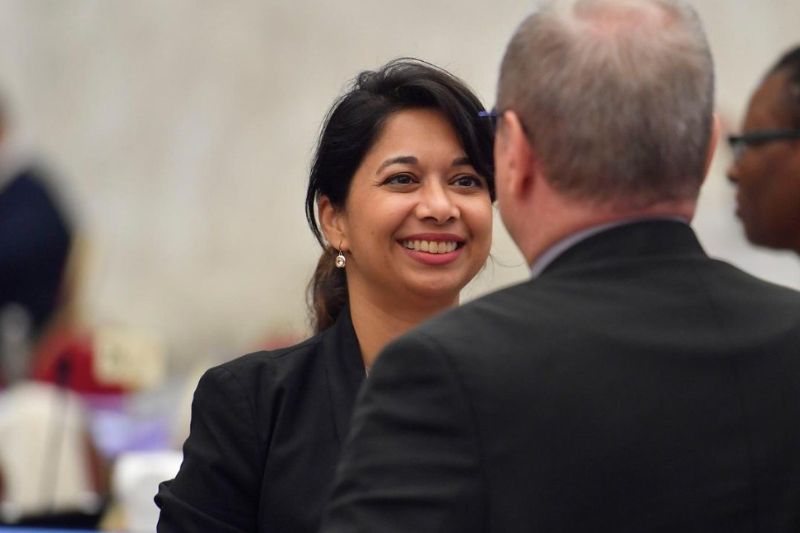
RELIGION
- Joanna Thyer
- 07 November 2024
3 Comments
At the World Synod in Rome, four women joined to advocate for ordaining women as deacons. Though the topic remains off the table officially, the message highlights the Church’s internal conflict between traditional values and growing calls for inclusion and change.
READ MORE
-
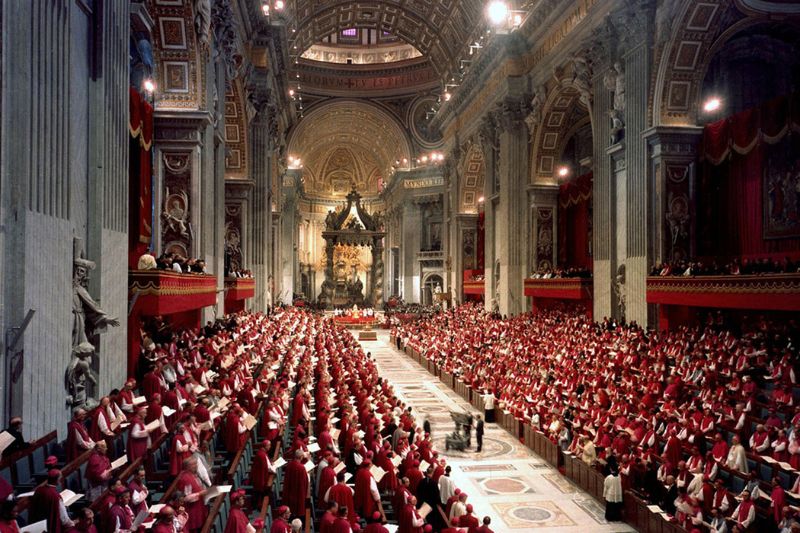
RELIGION
- Bill Uren
- 04 September 2024
6 Comments
The Synod on Synodality begins its second session in October. And while the synodal process may involve consultation, Pope Francis is keen to remind those hoping for reform that teaching authority remains with the Pope and bishops. As the Pope has insisted on a number of occasions, the Church is not a democracy, and the synod is not a parliament.
READ MORE
-
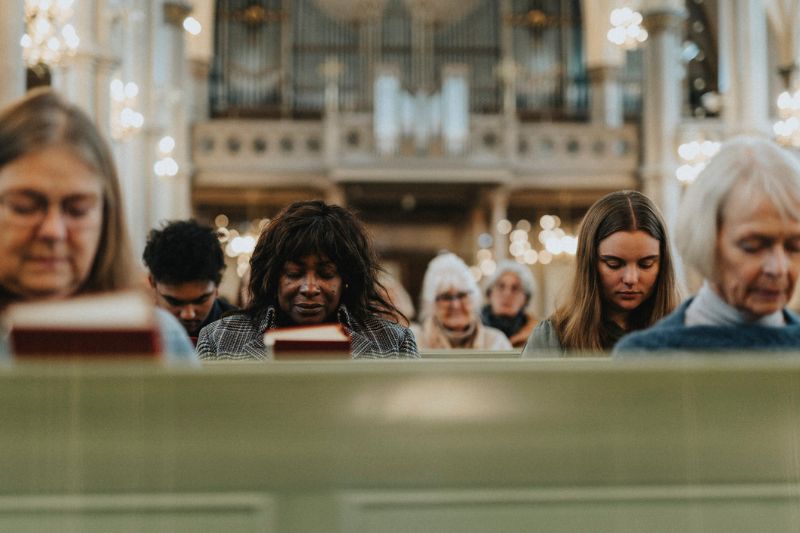
RELIGION
- Elizabeth Young
- 15 August 2024
12 Comments
Copious research has demonstrated the historical existence of women deacons, including St Phoebe, the only person in scripture with the descriptor Deacon. So how far off is Australia from ordaining women deacons?
READ MORE
-
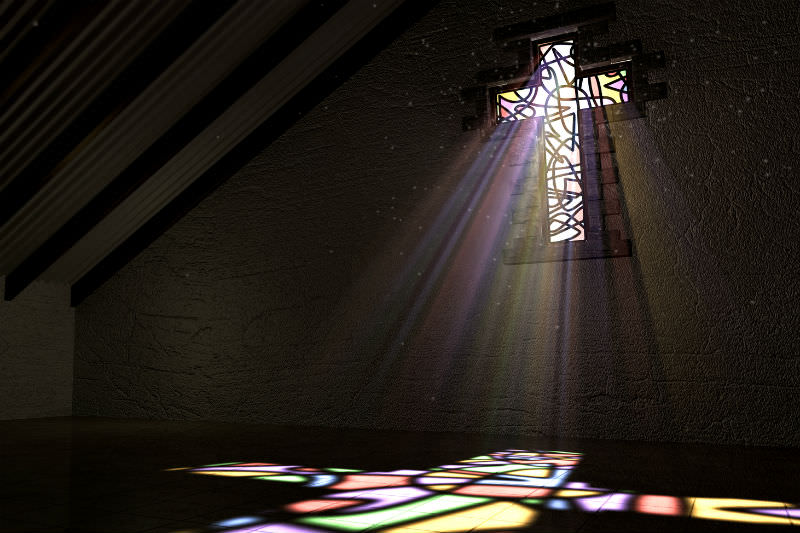
RELIGION
The Vatican's new Instrumentum Laboris outlines the path forward for the Synod on Synodality, but with a heavy emphasis on process over substance. While it acknowledges the need for greater women's involvement, it firmly reinforces the authority of the Pope and bishops, raising questions about the true potential for change.
READ MORE
-
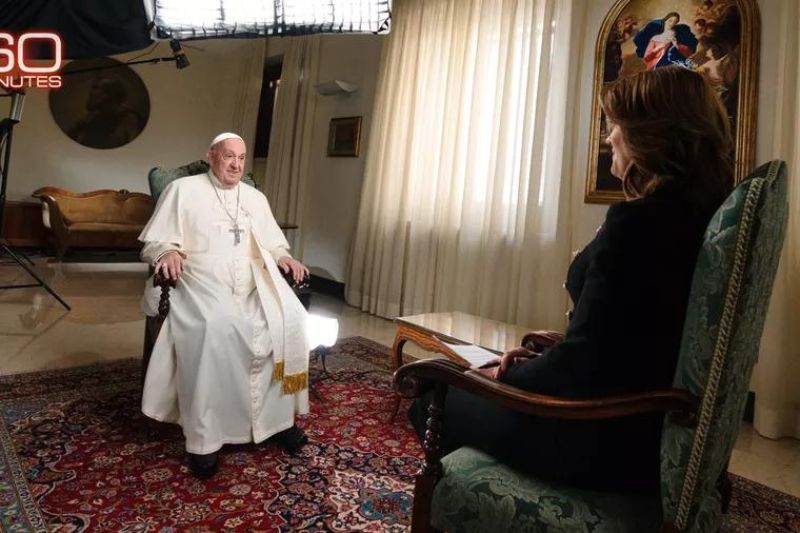
RELIGION
In a 60 Minutes interview, Pope Francis was asked whether there would ever be the prospect within the Catholic Church of a woman being ordained as a deacon. The Pope’s reply was a blunt ‘No’. This negative response came as a surprise to many Vatican watchers.
READ MORE
-
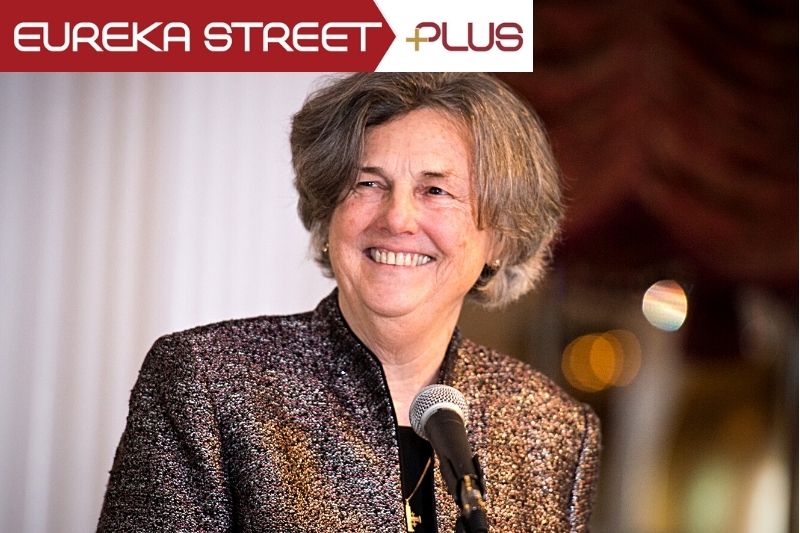
RELIGION
- Michele Frankeni
- 26 May 2023
3 Comments
In a discussion with Michele Frankeni, Catholic scholar Dr Phyllis Zagano explores the question of whether there is a need for increased recognition of women in the Catholic Church, particularly regarding their potential in the diaconate. She investigates both the historical evidence for ordained female deacons and the modern arguments for their re-introduction.
READ MORE 
-

RELIGION
- David Halliday
- 17 March 2023
8 Comments
Over 17,000 women worldwide have called for Church reform in a newly published survey by Catholic Women Speak Network. Respondents from 104 countries expressed dissatisfaction with a lack of transparency in governance and voiced the need to be seen, heard and valued.
READ MORE 
-
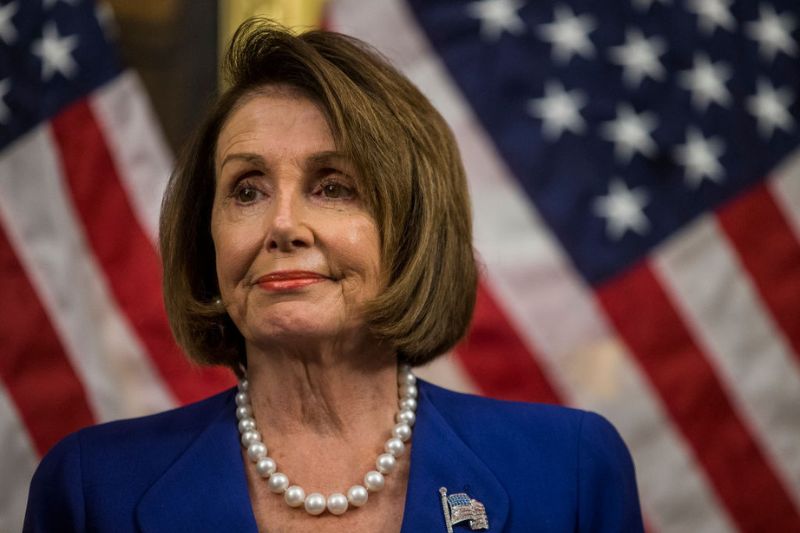
RELIGION
- Bill Uren
- 08 December 2022
20 Comments
Nancy Pelosi recently announced her retirement as leader of the Democratic Party in the House of Representatives, proclaiming that she was a wife, a mother, a grandmother, and a devout Catholic. Yet citing her support for pro-choice on abortion, the archbishop of her home archdiocese of San Francisco has forbidden her access to Holy Communion. So, the question remains: what sort of moral reasoning could Mrs Pelosi invoke to support her pro-choice stance?
READ MORE 
-
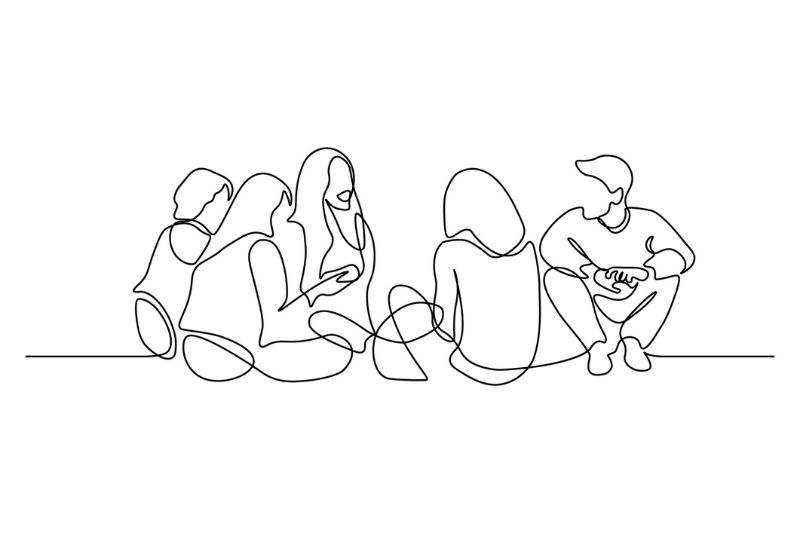
RELIGION
- Anne Walker, Emma Carolan
- 30 June 2022
8 Comments
Last month’s Federal election has delivered what is being considered as the most progressive parliament that Australia has witnessed for some time. Such a change represents a shift in values, experiences and priorities held by everyday Australians. As the Australian Catholic Church continues its process of self-examination through the Plenary Council, what can it discern from this election result?
READ MORE 
-
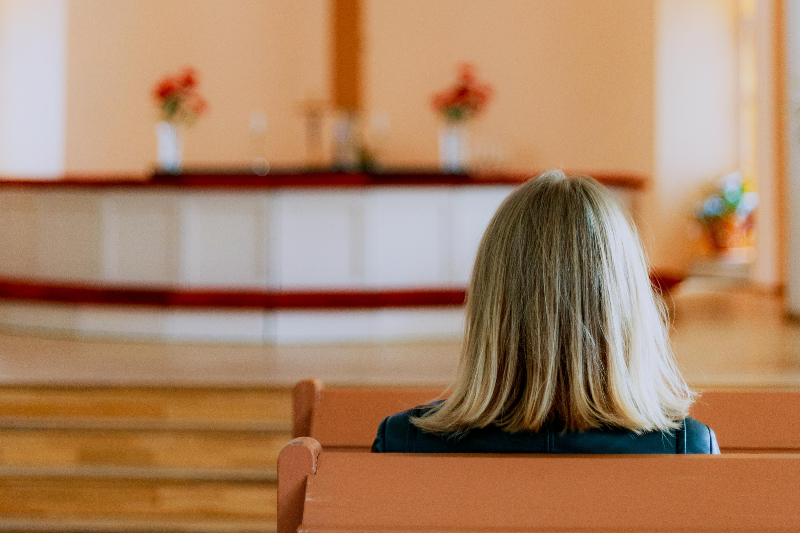
RELIGION
- Elizabeth Young
- 15 June 2022
3 Comments
Should women be considered for ministry as deacon? Should Pope Francis authorise such ministry? This topic often raises emotions, and strong views either for or against. This is one of the questions posed by Motion 54 to the Church’s July Plenary Council session, where members will amend and vote on 105 motions, prompted by the question, ‘What do you think God is asking of us in Australia at this time?’ Motion 54 is one to watch.
READ MORE 
-

RELIGION
- Tracy McEwan, Patricia Gemmell
- 06 October 2021
15 Comments
Annabel Crabb’s ABC TV documentary series Ms Represented had us gasping, laughing and raging all at once. The series struck an achingly familiar chord as women from different political parties and generations voiced their common experience of sexism and misogyny in Australia’s parliament, elucidating just how hard it is for women to have a voice at the table in Australian institutions of power.
READ MORE 
-

RELIGION
- Nimmi Candappa
- 30 September 2021
25 Comments
At one level a lot is riding on this Plenary Council. Only the fifth such Council in the Australian church history, there is a great sense of anticipation among a wide variety of groups: those estranged from the church, priests looking for direction, women bereft of opportunities to express their faith and seeking a look-in, parents of uninterested children, those ostracised from the church, as well as those not wanting any changes at all.
READ MORE 